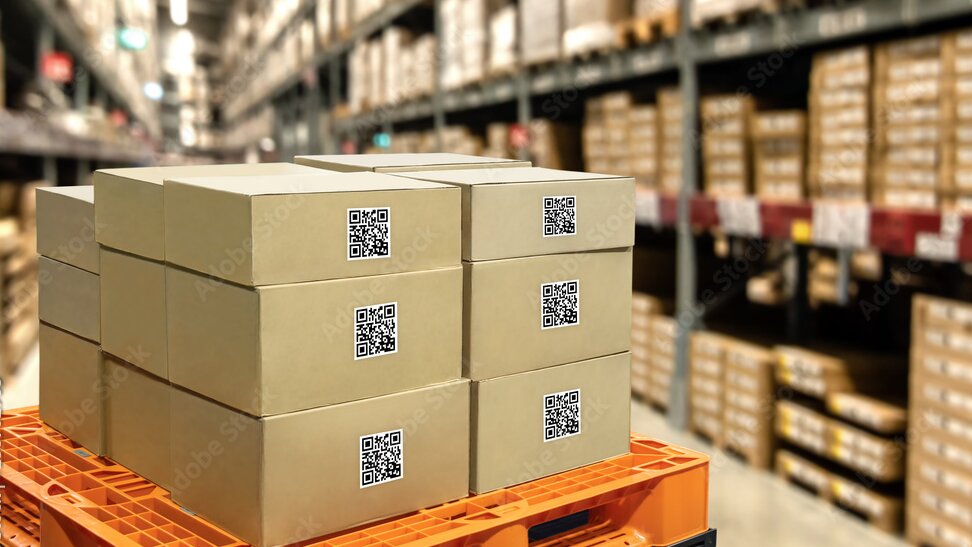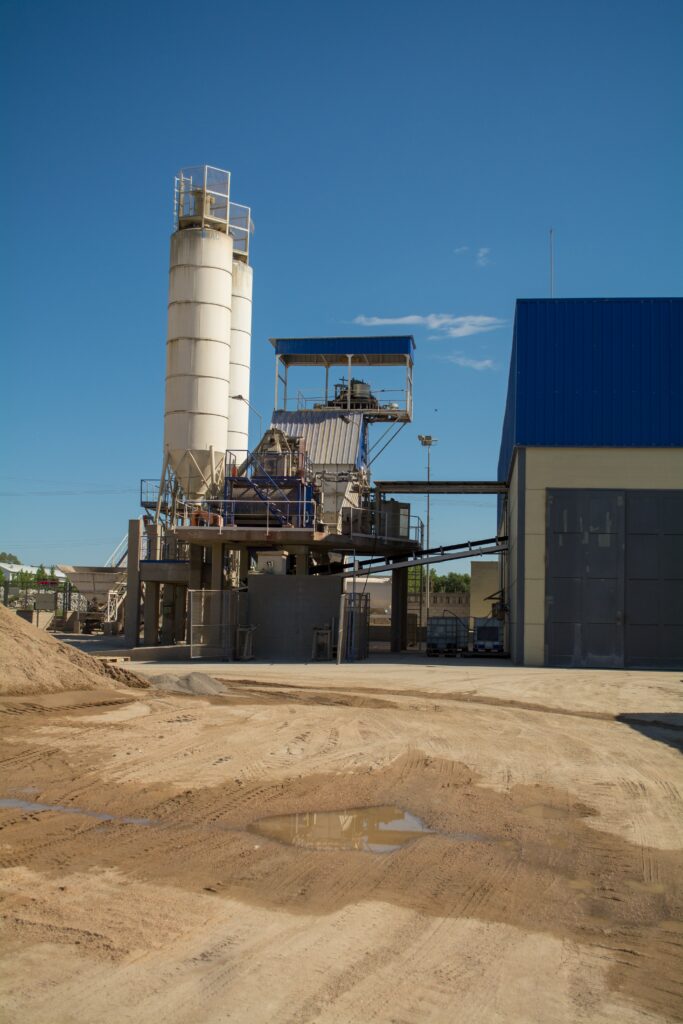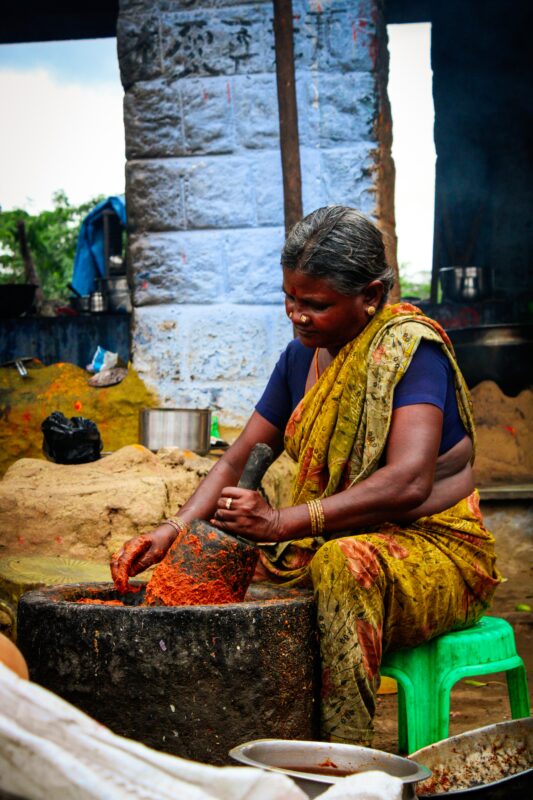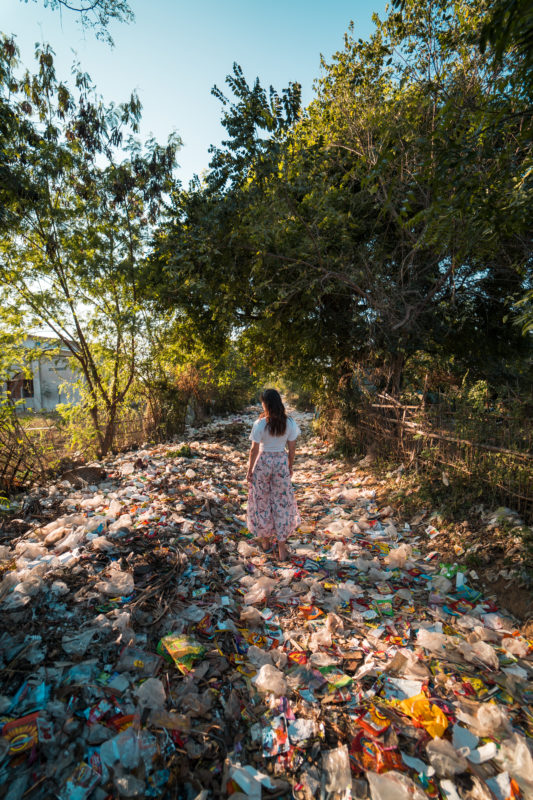The S-211 Canadian law requires companies to report on measures preventing forced and child labor in supply chains.
Author Archives: Sona Kessaria
VPSHR framework helps companies balance security and human rights while fostering stakeholder engagement in complex environments
The Norway’s Transparency act is pursuing three purposes. Understand its application and implications for corporations in this article.
Expert guidance on gender integration in infrastructure, drawing from our experience across major development projects
Ksapa presents its Scale-Up, Training, Traceability and Impact initiative for the resilience of smallholders and agricultural value chains.
Finnish & Textile Fashion, Alante Capital, Fashion Positive share insights on scaling circular fibers in textiles in discussion with Ksapa
Effective Human Rights due diligence implies businesses operate in a more efficient and therefore targeted manner. Such an optimization process necessarily relies on transparent and ongoing stakeholder dialog.
World Circular Economy Forum explores how Covid-19 transformed supply chains, consumption patterns and circular business models globally







